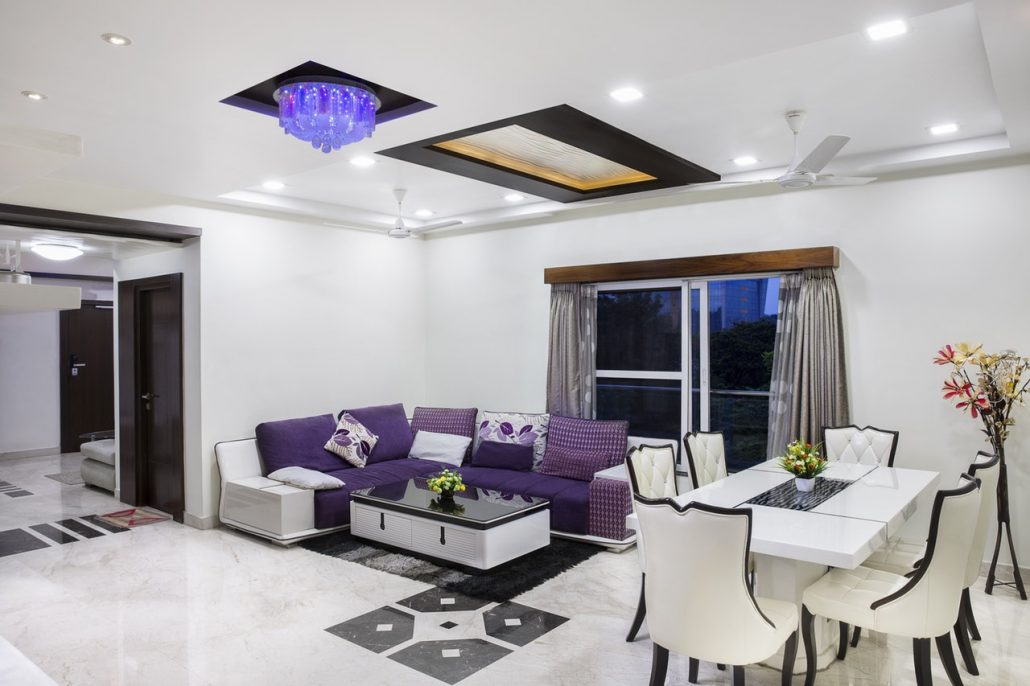Are you considering purchasing a property for your child who does not have the legal capacity (i.e. below 21 years old) to own a property in his/ her own name? Are you having concerns about the succession of your assets? Or are you contemplating setting up a fund to care for kin with disabilities, but not sure how this could start?
This is where trusts can help!
Estate planning and succession issues in wealth management have always been a topic of broad interest among families; private bankers, financial and insurance intermediaries recognize these aspects as an integral part of their value-added services to their clients.
Together with lawyers, accountants and those involved in providing estate planning, corporate and trust services, these services are increasingly now pitched to clients in Singapore. Coupled with the growth of mass affluent wealth in Singapore, trust structures have also become more prevalent among them and not just the high net worth.
However, the topic of trusts is typically given limited coverage and one can hardly find comprehensive information or interpretation of the law of equity and trusts.
In this article, Mr. Lee Chiwi, Chief Executive Officer of Rockwills International Pte Ltd — called to the Bar of England & Wales as a Barrister-at-Law in 1986 and admitted as an Advocate & Solicitor of Singapore in 1988 — provides a synopsis of property trusts in Singapore, as well as some of the benefits and costs that come with the setting up of such a trust. Having been engaged in legal practice for 16 years, Mr. Lee joined the wealth management trust industry in 2004 and is now the author of several books.
Trusts as resources for the family
A Trust is a legal arrangement whereby the owner (“the Settlor”) entrusts another party (“the Trustee”) to look after his/her asset(s) for the benefit of the beneficiaries he has selected.
The idea of a trust-linked real estate involves the holding of such asset left behind by a Settlor that he regards as being so valuable that he does not wish for it to be disposed of upon his death or just freely being given away.
As settlor, you might also believe that there are opportunities for future capital gains if your real estate is held for the long term, or you observe that the property is generating very good income. So why not keep it in some kind of structure to sustain your wealth or just to protect your assets, for the benefit and enjoyment of your beneficiary(ies), even after your lifetime?
Pursuant to Section 32 of Civil Law Act (Cap. 43), a trust can last for up to 100 years. A Trustee can be a trust corporation or a person chosen by the Settlor to carry out the instructions as stipulated in the trust; the trustee has a fiduciary duty to act in the best interest of the beneficiaries.
You might wonder who can be appointed as the beneficiaries of a trust then? Basically, anyone the settlor desires; this means that it is not restricted to just family members.
What kind of assets can be held by a trustee?
Essentially, anything that is “capable to be owned by you and I” could be held by a trustee.
The types of real estate which can be held by a property trust include not just residential properties, but also commercial real estate. Essentially, it can extend to any property that you legally own. Of course, the ways to structure the ownership depend on many factors such as the ease of management, taxation, etc. For properties under joint ownership, written consent must also be obtained from the joint owner.
Do I have to pay for stamp duties on properties transferred via trusts?
A standby trust’s distinguishing feature compared to a living trust is that it lies dormant after its inception. In a standby trust, the activation of trust administration is dictated by the Settlor during his lifetime or otherwise by default, it is activated in two scenarios – upon death or mental incapacity. To avoid the impact of stamp duties and ABSD, the transfer of real estate into the standby trust via the settlor’s will upon death would not involve the payment of stamp duties.
With proper structuring of the trust as a discretionary trust, the holding of residential property would not affect the discretionary beneficiaries’ ability to purchase their own residential property and be impacted by ABSD.
Where parents may be looking to purchase residential property for the absolute benefit of their minor children or other vulnerable beneficiaries and that the child does not beneficially own any other residential property in Singapore, an absolute beneficiary living trust can avoid the impact of the 15% ABSD on acquisition of the property by the Trustee.
How much does it cost to set up a trust?
Set-up costs typically range from S$ 4,000 to S$ 10,000.
The set-up costs generally range from S$5,000 to S$10,000 for a living trust. The trustees will assess their responsibilities based on the property value e.g. single vs multiple properties. In terms of the maintenance of such properties, some firms charge a percentage, 5% for example, of the gross or estimated rental income. For owner-occupied properties with no rental income, it will be based on comparative properties and the rental rates they command.
For a standby trust, it is usually a one-time payment of S$4,000 to S$ 5,000 as the property in such trust will only be transferred at the time of one’s death.
Note: This article provides only a brief glimpse into the many aspects of a property trust; it may serve as a general guidance but is not meant to dispense with legal advice. We would advise you to seek independent legal advice on any problems or questions that you may have. For more information, you may refer to the book “The Rockwills Guide to Succession and Trusts in Wealth Management” by Mr. Lee, from which part of this article is excerpted with permission.
In the same interview, Mr. Lee has also provided insights into insurance trusts in Singapore — check out this article to find out more.
Want to find the best mortgage rate in town? Check out our free comparison service to learn more!
Read more of our posts below!



